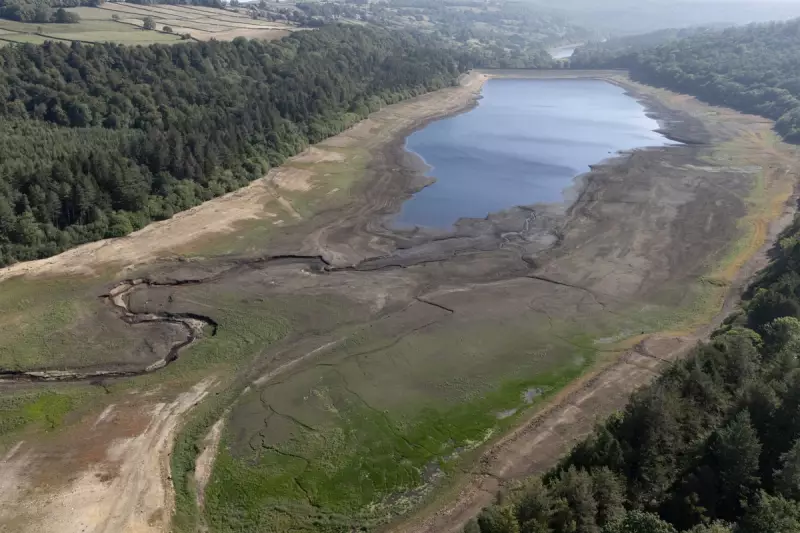
Yorkshire Water has announced an immediate hosepipe ban for thousands of households across parts of the county, citing alarmingly low water levels in crucial reservoirs. The Temporary Use Ban (TUB), more commonly known as a hosepipe ban, comes after what the company describes as a period of "prolonged dry weather" that has significantly impacted supplies.
The restrictions, which came into force on Friday, 26th June, affect customers in parts of South Yorkshire and North Yorkshire. This decisive action follows a similar move by South West Water in Devon and Cornwall just last week.
Why has the ban been introduced?
The primary driver behind the ban is a worrying drop in reservoir levels. Key reservoirs in the Pennines and Yorkshire Dales, which are vital sources for the region's water supply, are reported to be at levels much lower than expected for this time of year. Despite some recent rainfall, it has not been sufficient to replenish these crucial reserves.
"The amount of water that we've seen in our reservoirs is just far lower than where we would expect them to be for the time of year," a spokesperson for Yorkshire Water stated. The company emphasised that the ban is a necessary precautionary measure to safeguard water resources for essential purposes.
What does the hosepipe ban mean for residents?
Under the TUB, residents in the affected areas are prohibited from using a hosepipe for a variety of activities. This includes:
- Watering gardens or plants
- Filling swimming pools or paddling pools
- Cleaning private vehicles
- Cleaning patios, paths, or decking
Customers are encouraged to use watering cans instead of hosepipes for essential garden watering and to use buckets for washing cars. The ban is expected to remain in place until water supplies recover to sustainable levels.
A sign of a wider issue?
Yorkshire Water's decision highlights growing concerns about water security in the UK. With climate change contributing to more frequent and intense periods of dry weather, water companies are under increasing pressure to manage demand and invest in infrastructure to prevent future shortages. Residents are being urged to be mindful of their water usage, regardless of whether they are directly affected by the current ban.





